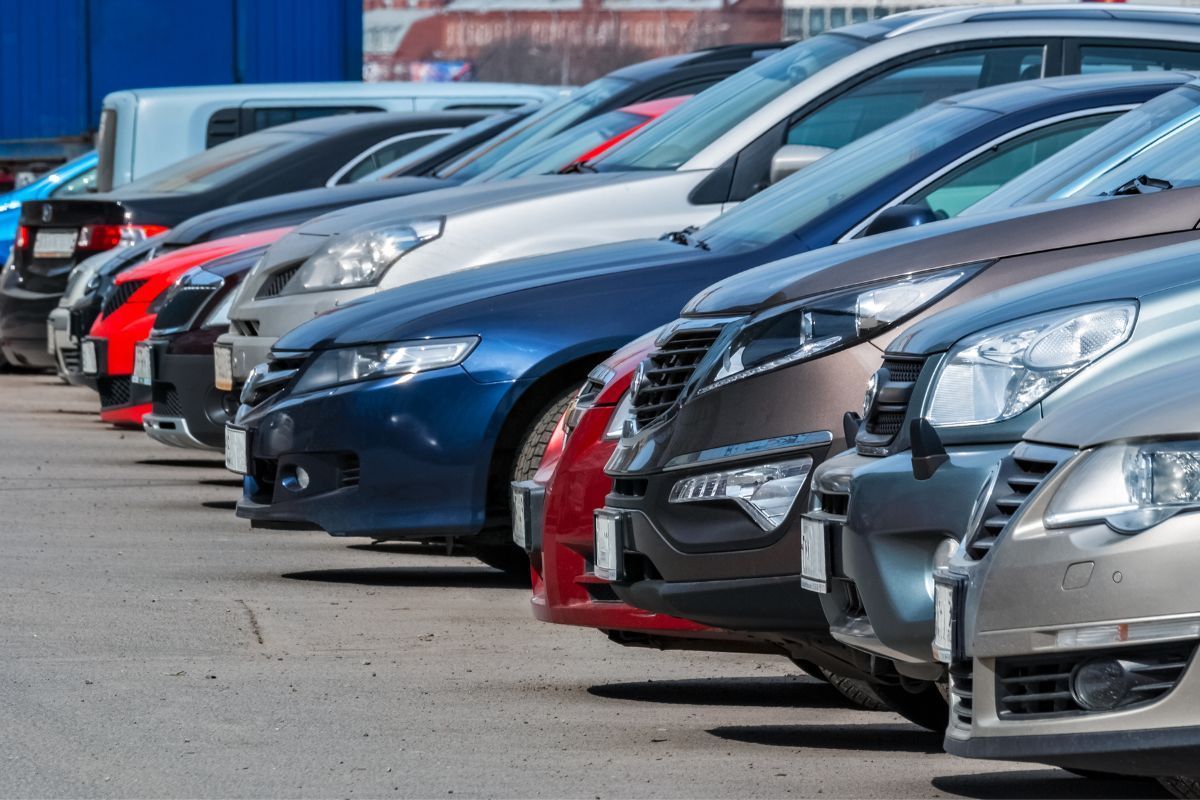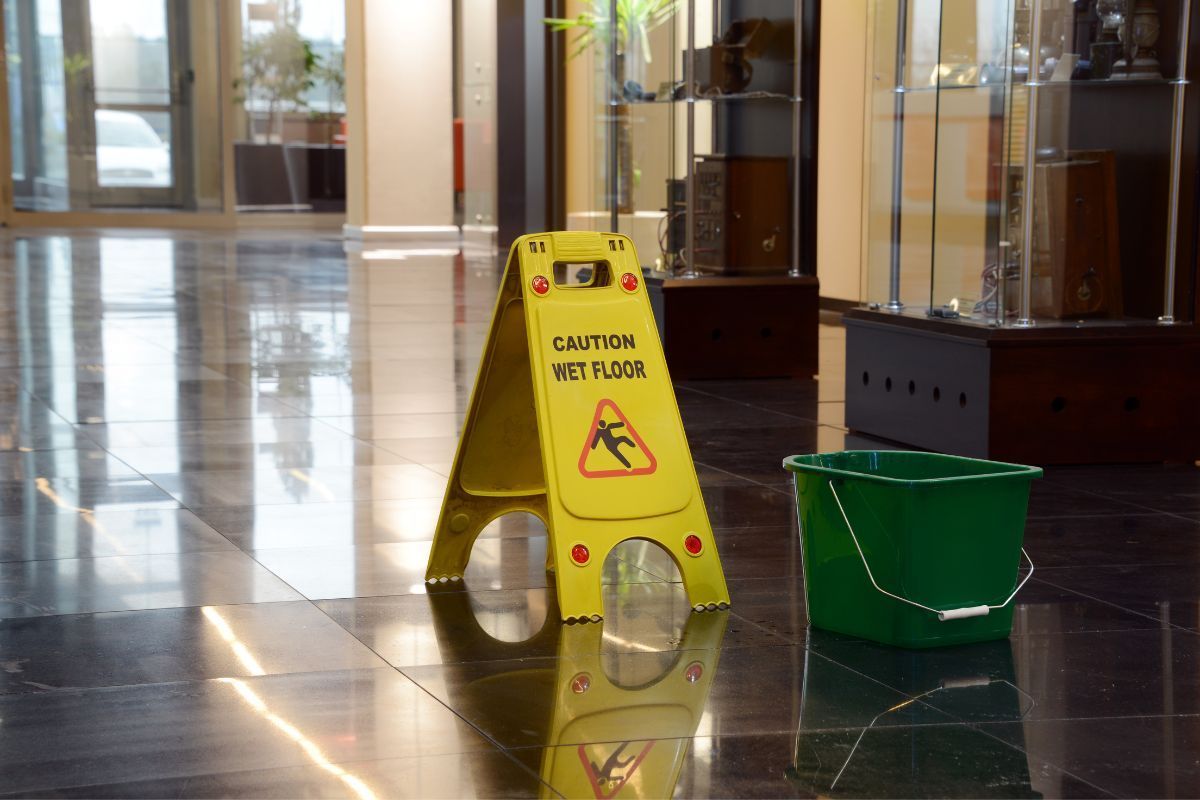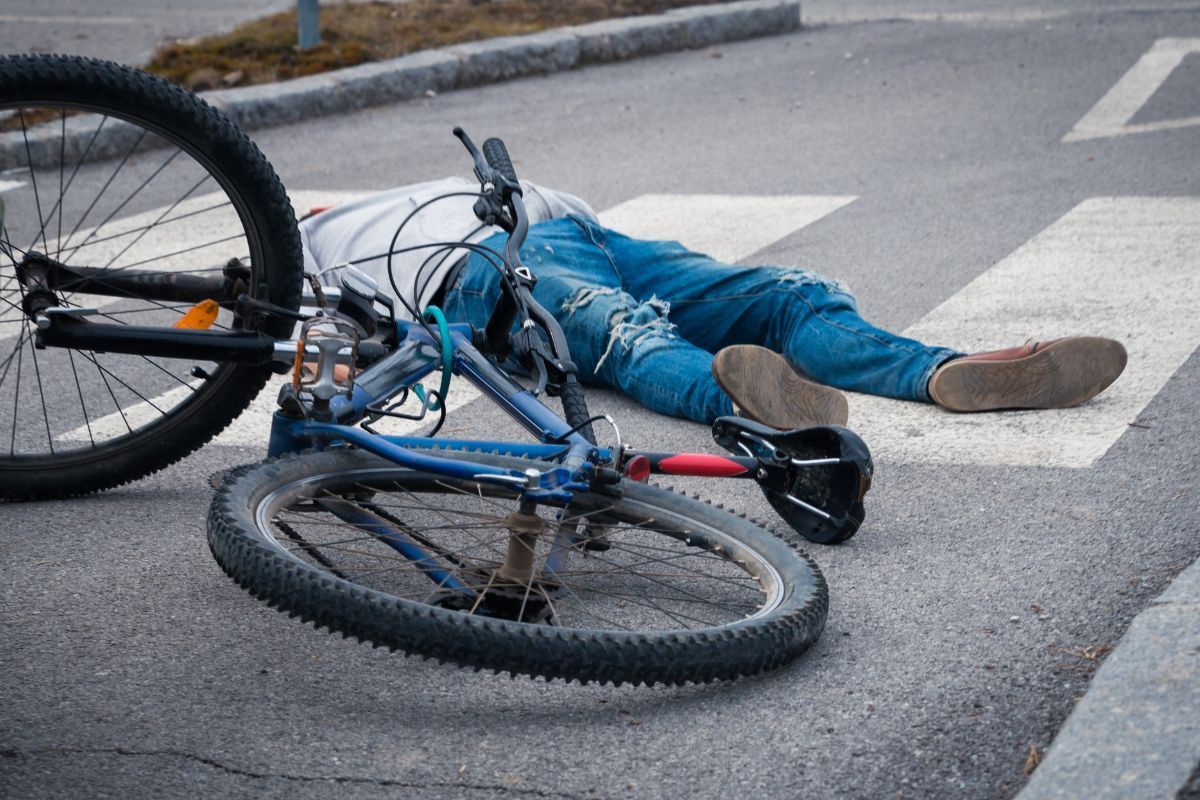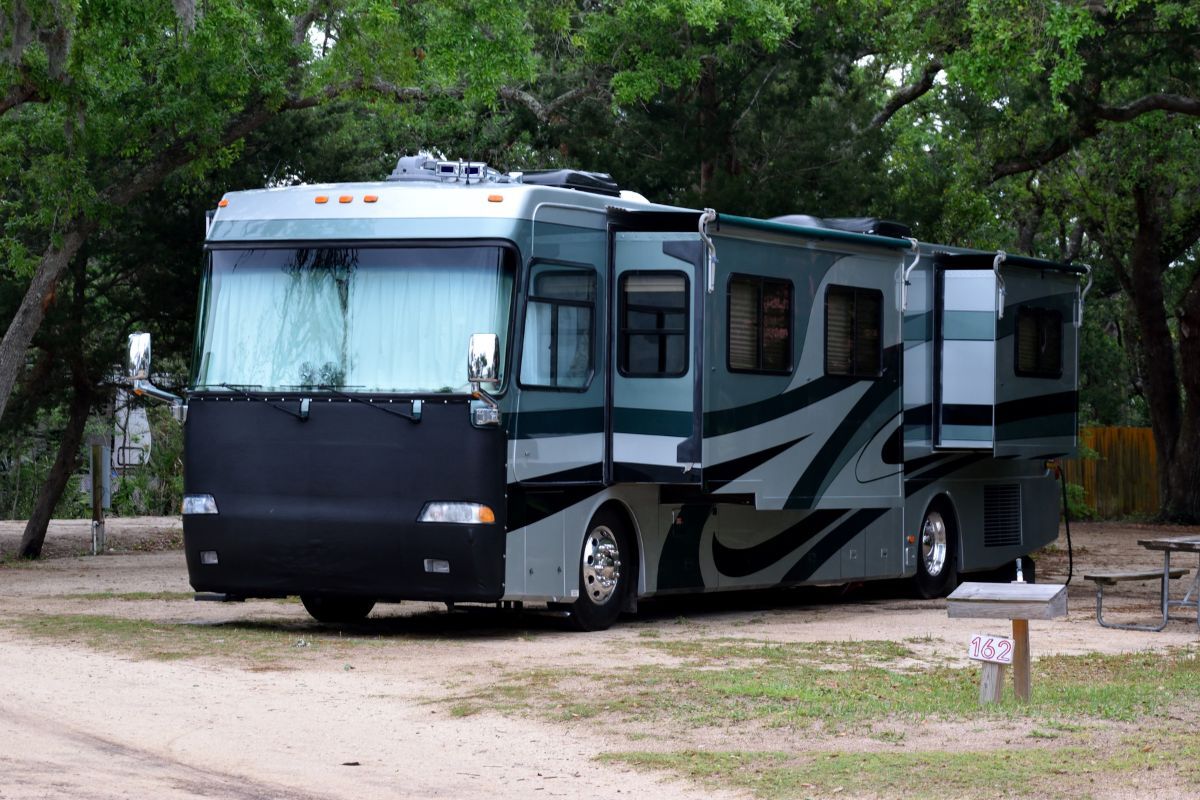Premises Liability vs. Personal Injury: What’s the Difference?
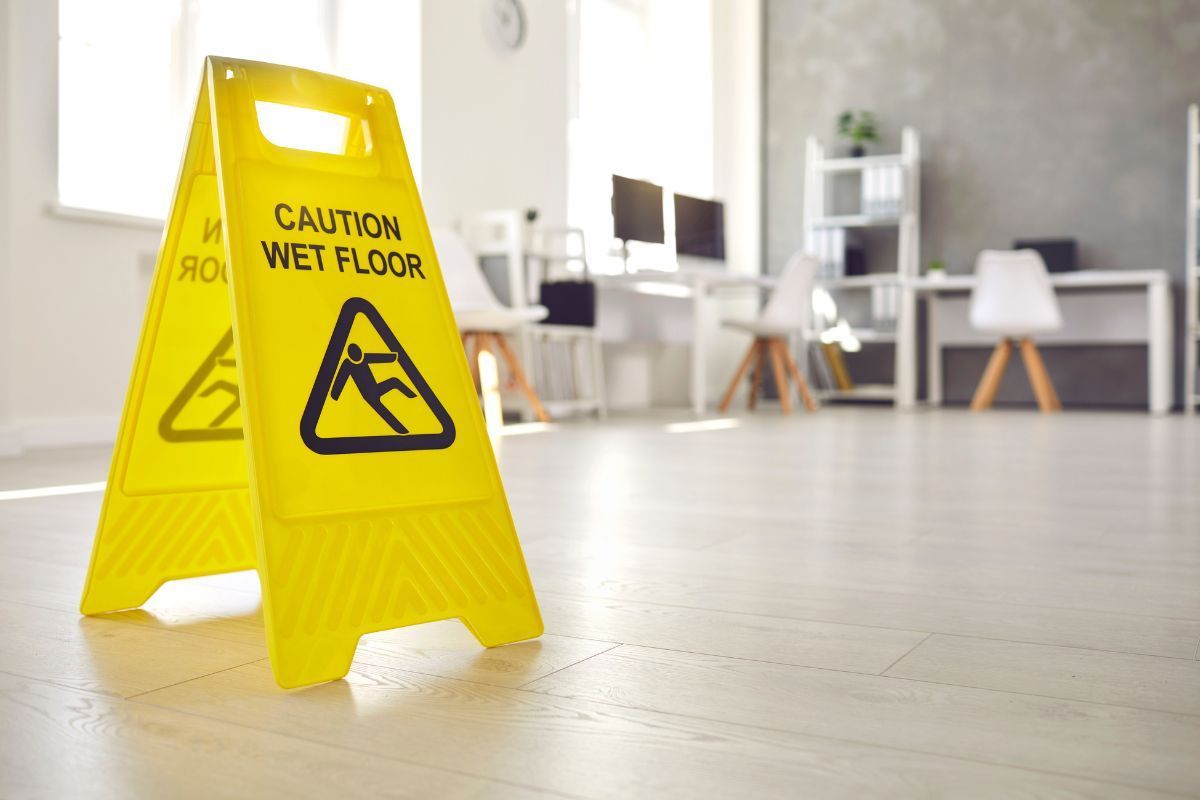
At GTS Law Firm, we’re committed to helping you navigate complex legal situations with clarity and confidence. If you’ve been injured due to someone else’s negligence, it’s important to understand the type of legal claim you may have. Two commonly confused areas of law are premises liability and personal injury. While they share similarities, they are distinct. Let’s break it down.
What Is Premises Liability?
Premises liability refers to a property owner’s responsibility to ensure their property is safe for visitors. If an unsafe condition on their property causes an injury, the owner could be held legally accountable.
Common premises liability cases include:
- Slip and falls: Wet floors, uneven surfaces, or poorly lit areas.
- Unsafe structures: Collapsing balconies, broken stairs, or loose railings.
- Dog bites: If the owner failed to control a dangerous animal.
The key factor in premises liability cases is proving that the property owner was negligent in maintaining or addressing hazards on their property. For example, if a grocery store failed to clean up a spill in a timely manner, and you slipped and fell, you may have a premises liability claim.
What Is Personal Injury?
Personal injury is a broader category of law that covers any harm caused by someone else’s negligence, recklessness, or intentional actions. While premises liability falls under the umbrella of personal injury, not all personal injury cases involve property-related accidents. Other common personal injury cases include:
- Car accidents
- Medical malpractice
- Product liability
- Assault and battery
In a personal injury claim, the focus is on the negligent party’s actions (or lack of action) that caused your injury. For example, if a distracted driver rear-ends your car, they could be held liable for your medical expenses, lost wages, and other damages.
Why Does This Distinction Matter?
Understanding whether your case falls under premises liability or general personal injury is crucial because it affects how your claim is handled. Different types of evidence, legal standards, and statutes of limitations may apply. For example:
- Premises liability cases may require proof of the property owner’s knowledge of the hazard (e.g., surveillance footage, maintenance records).
- Personal injury cases may focus on actions like distracted driving, requiring evidence such as police reports or witness statements.
How GTS Law Firm Can Help
Navigating the legal processes alone can be overwhelming. At GTS Law Firm, we specialize in handling premises liability and personal injury cases with the care and expertise you deserve. From gathering evidence to negotiating settlements or representing you in court, we’re with you every step of the way.
If you’ve been injured due to someone else’s negligence, don’t wait. Contact us today at (941) 625-6666
Share This Post:
